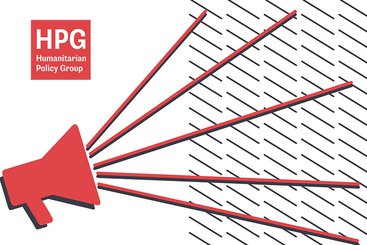The last decade has seen a substantial increase in non-international armed conflicts, as well as in the number and range of armed groups fighting them. These shifts have created challenges for humanitarian actors seeking to influence armed actors’ behaviour towards civilians. The ‘Roots of Restraint in War’ research (Terry and McQuinn, 2018) built on the ‘Roots of Behaviour in War’ study by the International Committee of the Red Cross (ICRC) (Muñoz-Rojas and Frésard, 2004). This earlier work led to the ICRC’s ‘integration approach’ to engaging armed actors, which involved promoting adherence to International Humanitarian Law (IHL) by training armed groups on the law, and encouraging incorporation of the law into their rules and regulations.
Co-led by a senior ICRC researcher with an operational background and a specialist on armed group behaviour, and championed by one of ICRC’s directors, the Roots of Restraint in War research examines how to influence the behaviour of different types of armed actors in conflict, ranging from traditional militaries with highly centralised structures to loosely structured actors embedded within communities.
The research confirmed the continued value of the ICRC’s integration approach. It also recommended that the ICRC could go beyond this approach to understand the implications of peer opinion, and to find ways to address informal codes, behaviours and practices. The study recognised that informal norms can strengthen or undermine formal teaching in IHL and hence should be better understood.
In reviewing how the ICRC developed and promoted the work across its organisation, other humanitarian agencies can learn how to shift protection approaches within their own organisations. As a result, a mini case study on the Roots of Restraint in War work was chosen as one of a series of five case studies for HPG’s project ‘Advocating for humanity: securing better protection outcomes for conflict-affected people’. The project explores the practice of advocacy by international humanitarian actors seeking to promote the protection of civilians in conflict, and offers recommendations for strengthening this core aspect of humanitarian action. This briefing note is based on a rapid review of available literature and interviews with 13 key stakeholders within and external to the ICRC.




